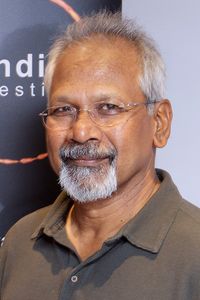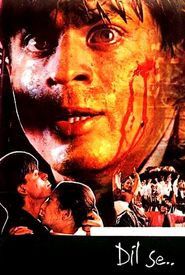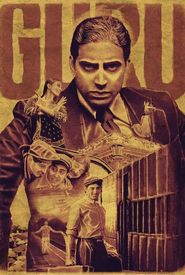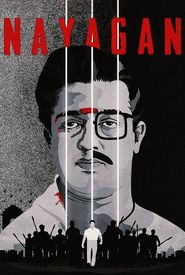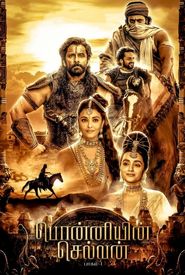Mani Ratnam, the revolutionary director of Tamil-language cinema, is widely regarded as the biggest director in south India and one of the most respected directors in all of India. Each of his films is a masterclass in storytelling, blending beautifully photographed songs with unique back-lighting to create a cinematic experience like no other.
Born in 1956 in Madras, Ratnam comes from a family with a rich cinematic heritage. His father, Venus Gopalratnam, was a film producer, and his brother, G. Venkateswaran, was a film distributor turned producer. Despite his family ties to the film industry, Ratnam initially pursued a career in management, studying at Madras University and earning a degree from the Jamnalal Bajaj Institute of Management Studies in Mumbai.
Ratnam's entry into filmmaking was marked by a series of unsuccessful films, including his debut feature, Pallavi Anu Pallavi (1983),which won the State Award from Karnataka that year. However, it wasn't until the release of Mouna Ragam (1986) that Ratnam's career began to take off. This critically acclaimed film told the story of a woman who chooses to maintain a platonic relationship with her husband, and its sophisticated approach and execution earned it widespread acclaim.
Ratnam's next film, Nayakan (1987),was a game-changer. A take-off on Francis Ford Coppola's The Godfather (1972),it established Ratnam as the leading director of Tamil-language cinema and won its leading actor, Kamal Haasan, the National Award for Best Actor. The film's exploration of 30 years of Tamil Nadu's celebrity images and its portrayal of the anti-Hindi feelings of Tamil Nadu resonated deeply with audiences.
The 1990s saw Ratnam continue to push the boundaries of Tamil-language cinema with a string of critically acclaimed films, including Agni Natchathiram (1988),Geethanjali (1989),Anjali (1990),and Thalapathi (1991). His collaboration with Tamil superstar Rajnikanth in Thalapathi was a major success, and the film's gritty tale of an orphan who grows up to become a notorious gang member in Chennai earned widespread acclaim.
Ratnam's breakthrough film, Roja (1992),was a patriotic love story set against the backdrop of Kashmiri terrorism. Dubbed in Hindi, the film became a huge national success and enforced Ratnam's reputation as a director of style and substance. The film's success also marked the debut of music director A.R. Rahman, whom Ratnam had discovered.
The 1990s saw Ratnam continue to experiment with different genres and themes, from the patriotic romance of Bombay (1995) to the political thriller of Iruvar (1997). His first Hindi-language film, Dil Se.. (1998),was a critical and commercial success, earning widespread acclaim for its exploration of the northeast Indian problem.
In the 2000s, Ratnam returned to familiar ground with Alai Payuthey (2000),a film that tackled the story of a couple in love that goes through the trials and tribulations of marriage. His subsequent film, A Peck on the Cheek (2002),was a critical and commercial success, earning widespread acclaim for its poignant portrayal of an adopted girl meeting her terrorist mother.
Ratnam's most recent films, including Yuva (2004) and Guru (2007),have seen him continue to experiment with different genres and themes, from the political thriller to the musical drama. Despite the ups and downs of his career, Mani Ratnam remains one of the most respected and beloved directors in Indian cinema, known for his unique storytelling style and his ability to bring complex characters to life on the big screen.
